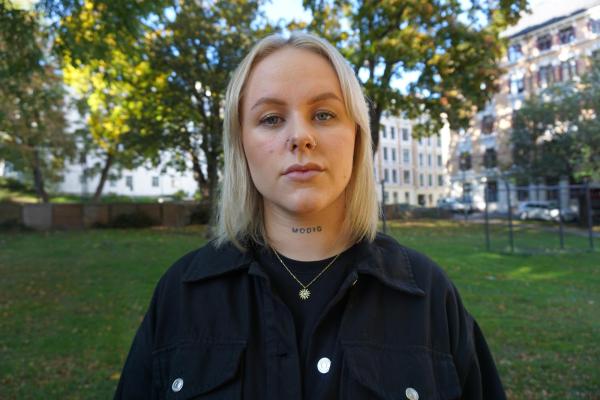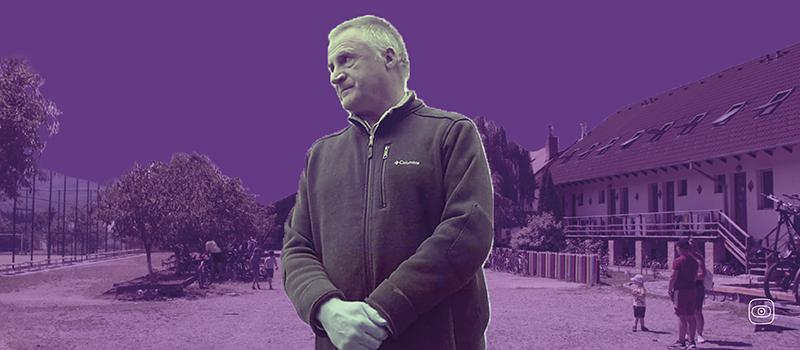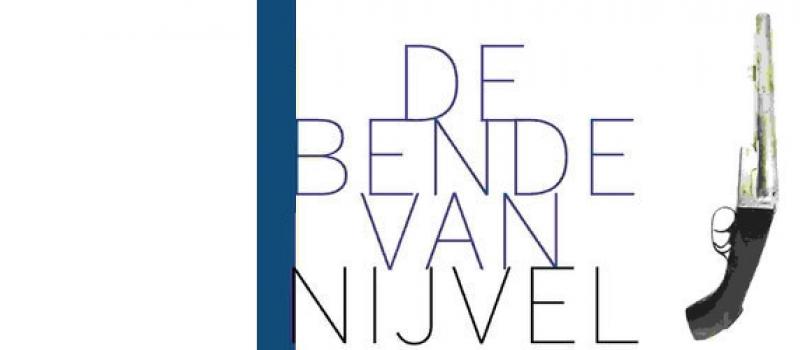
It’s a global problem on the rise. Digital image-based sexual abuse – a catch-all phrase that includes what is often called “revenge porn,” but also deepfake pornography and “upskirting” – exploded across European countries during the pandemic, according to aid organisations.
Victims, which are mostly women, can be as young as in their early teens. Many of them struggle with overwhelming feelings of shame and trauma following online exposures. In several European countries, victims of digital image-based abuse have committed suicide.
However, few European countries have efficient laws in place to help those who have their intimate images spread online.
Now, victims across Europe are taking the matter into their own hands. This independent cross-border investigation follows victims who are reclaiming power over their own stories by hunting down digital perpetrators and forcing their cases through court.
Photo: "In Norway, Mia Landsem, 25, uses her hacker skills to hunt down digital abusers." - ©Ingri Bergo
ONLINE
- 'They said: aren't you that porn star?' The woman hunting down image-based abuse - The Guardian (19/10/2022)
- "J'ai eu des pensées suicidaires": les graves conséquences du "revenge porn" pour les victimes - Slate (FR) (19/10/2022)
- En ligne, on s'échange du «revenge porn» comme des cartes Pokémon - Slate (FR - 26/10/2022)
- Ce qu'il manque à la lutte contre le «revenge porn» pour qu'elle soit vraiment efficace - Slate (FR - 02/11/2022)
need resources for your own investigative story?
Journalismfund Europe's flexible grants programmes enable journalists to produce relevant public interest stories with a European mind-set from international, national, and regional perspectives.
support independent cross-border investigative journalism
We rely on your support to continue the work that we do. Make a gift of any amount today.















